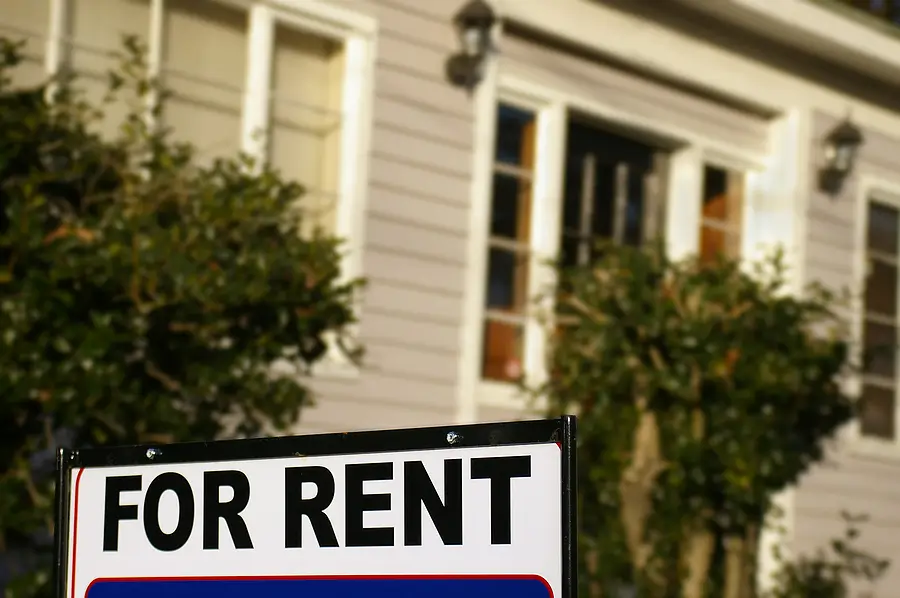Many property owners don’t plan on becoming landlords—it just happens. Maybe you had to relocate for work, inherited a rental unit, or faced unexpected financial difficulties that required renting out your home. While renting out your property can provide passive income, it also means handling lease agreements, dealing with rent collection, and ensuring you follow fair housing laws.
This guide offers practical advice for Portland OR property owners, covering everything from setting the right monthly rent to managing security deposits, screening tenants, and staying compliant with local regulations. If you’re wondering whether to hire property managers or manage things yourself, understanding the rental process will help you make the best choice for your investment.
Here’s some essential advice to help you succeed as a landlord in Portland.
Understand Portland’s Rental Laws and Regulations
Portland has some of the strictest rental laws in the country, and as a landlord, it’s important to follow them to avoid legal issues and fines. Here’s what you need to know before renting out your property.
Rent Control and Limits on Increases
Oregon has rent control laws that limit rent increases to 10% or less per year (as of 2024). Raising the monthly rent beyond this can lead to penalties, so staying updated on landlord laws is essential.
Security Deposit Rules
Landlords must return a security deposit within 31 days after a tenant moves out. If any deductions are made, they must be listed with receipts to follow Oregon’s rental laws.
Tenant Screening Laws
Portland requires landlords to review rental applications in the order they are received to ensure fairness. Fair housing laws also prevent discrimination based on race, gender, disability, or income source, protecting renters from unfair treatment.
Evictions and Tenant Rights
No-cause evictions are mostly banned in Portland unless the landlord meets certain conditions, like moving into the rental unit or making major renovations. In some cases, property owners may need to pay relocation assistance, which can range from $2,900 to $4,500 if ending a lease agreement for personal reasons.
Understanding Portland’s rental laws helps protect your rental income and avoid unnecessary legal trouble.
Set the Right Rental Price in Portland
Setting the right rental price can be tricky. If it’s too high, your rental unit might sit empty for months. If it’s too low, you lose out on rental income. So, how do you find the right balance?
Start by checking similar rental properties in your area on sites like Zillow or Craigslist. Compare properties with similar bedrooms, amenities, and locations to see what tenants are willing to pay rent for.
Consider what sets your property apart. Do you have modern appliances, off-street parking, or a great location near public transport? These perks can help you charge higher monthly rent.
Also, consider the housing market. If demand is high, you can price competitively. If it's slow, setting a slightly lower rent may help you find renters faster and avoid losing income from a long vacancy.
Tenant Screening: Find the Right Renters
Picking the right tenant is one of the most important steps in rental management. A good renter helps you avoid late payments, property damage, and legal headaches.
Start with a solid application that asks for rental history, employment details, and income. This helps you see if the applicant is financially stable. Running credit and background checks is also key—it can reveal past evictions, non-payment issues, or criminal records.
Next, verify their income. A general rule is that renters should earn at least three times the monthly rent to afford payments.
Finally, check references from former landlords to learn about their past behavior, including any lease agreement violations or missed rent collection deadlines.
Use a Strong Lease Agreement
A well-written lease ensures that both you and your tenant understand the expectations and responsibilities of the rental arrangement.
What to Include in a Lease Agreement
- Rent amount, due date, and late fee policies
- Lease duration (fixed-term or month-to-month)
- Maintenance and repair responsibilities
- Rules on pets, smoking, and subletting
- Security deposit terms and conditions
Keep Up with Maintenance for Protection and Compliance
Oregon law requires landlords to keep rental properties safe and livable. Ignoring repairs can lead to legal issues and unhappy tenants, so staying proactive is key.
Make it easy for renters to report problems, whether through an online portal, email, or direct contact. Fast responses matter, especially since serious repairs must be handled within seven days under Oregon law. Regular inspections can also help spot issues like leaks, mold, or safety hazards before they become bigger, costlier problems.
Hire a Property Manager
Being a landlord comes with financial responsibilities, so staying on top of rental income, taxes, and legal compliance is essential. While you must report rental income, you can lower your tax burden with deductions like mortgage interest, repairs, and property taxes. Depreciation also helps reduce taxable income over time.
Compliance with landlord laws is crucial to avoiding legal risks. If handling taxes, deductions, and regulations feels overwhelming, hiring a property manager can take the stress off your plate and ensure your rental property stays profitable.
What a Property Manager Does
- Handles rent collection & lease enforcement
- Screens tenants & reduces vacancy rates
- Manages maintenance & emergency repairs
- Ensures legal compliance
Stay Compliant and Profitable as a Landlord
Being a landlord in Portland isn’t always easy. From navigating rental laws to handling tenant screening, maintenance, and rent collection, there’s a lot to manage daily. Whether you’re a new landlord or own multiple rental properties, staying compliant, keeping tenants happy, and protecting your investment are essential for long-term success.
If managing a rental feels overwhelming, a property manager can provide valuable assistance. The Alpine Group takes care of everything—tenant selection, property upkeep, and legal compliance—so you can enjoy rental income stress-free.
Contact The Alpine Group today and let us handle the hard work for you!
More Resources:
- Why having a solid lease is oh-so-important!
- Tenant Inspections - Why we do them!
- Why is it important to screen incoming residents?



